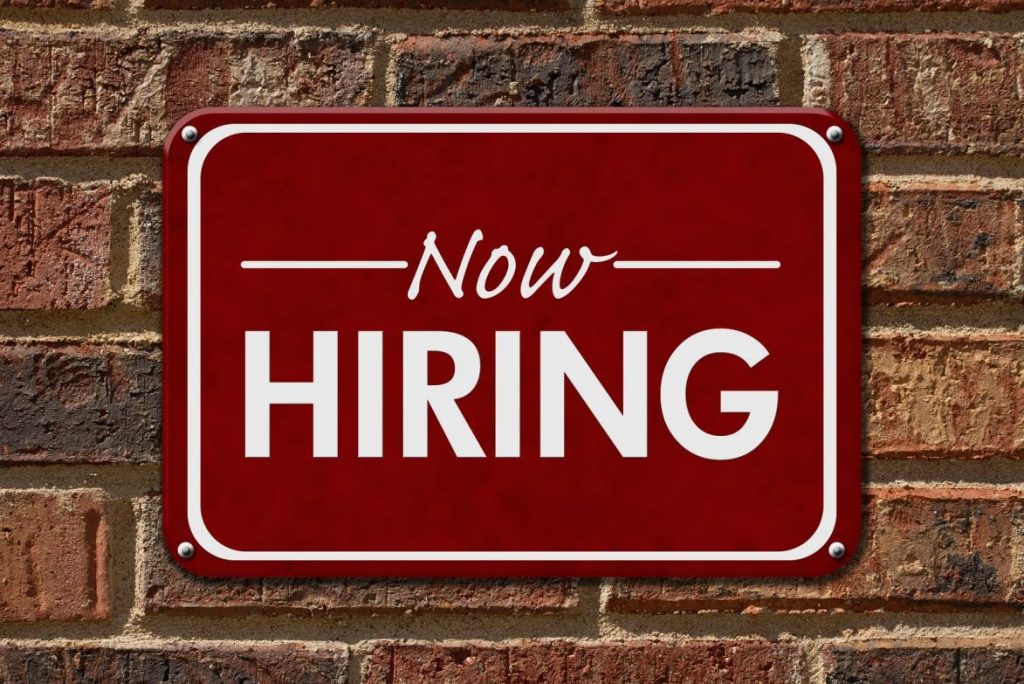Are You Sleepwalking Your Hiring Process? These 5 Signs Can Tell
According to Dice, a bad hire can cost a company anywhere from 25% to 250% of their first year’s salary. But, money is not all that your company has to lose – while inefficiency inevitably leads to financial loss, poor cultural fits can infringe your dynamic, undermine your hierarchy, and erode your productivity. And, that’s still nothing in comparison to the cost of the employee experience gone awry.
Around 64% of employees feel they do not have a strong work culture, and since unhappy, they annually take 15 sick days more than average workers. On the other hand, happy employees are up to 20% more productive at work, giving their employers a chance to top their peers by 147% in earnings per share.
While these statistics prompt an important discussion about a typical hiring process and its common flaws, the goal of our article is to make you question yours, and thus determine whether or not your recruiting team is sleepwalking through it all. The sooner you do, the sooner you’ll be able to grow.
These are the five signs of a poor hiring process.
- Your Current Employees Are Not Invited to Participate
Just like employees want to be engaged, job candidates want to be excited about becoming a part of your team. The pressure of job hunting is already high enough that every qualified person would truly rejoice at the opportunity to join a group of like-minded people and pursue his or her career by their side.
See, cultural fits are not just important to employers – they are even more important to employees, since they are the ones who need to share their time and creative energy with an office full of strangers. Why not make these strangers interesting and relatable even before another hiring season has begun?
Always make your current employees a part of the hiring process. Encourage them to share their experiences, be they good or bad, and to act as your brand ambassadors. Many companies are starting “Ask an Employee” campaigns as a way to engage future candidates and connect them with insiders.
- Your Hiring Preferences Are Subconsciously Subjective
For job applicants, a resume can be a double-edged sword. The same applies to job interviews, and all other parts of the hiring process that allow recruiters to get a glimpse of who the person behind a CV actually is. Everything from somebody’s name to the way they dress could be subject to reflex bias.
Because of that, a large number of companies insist on receiving work samples prior to meeting candidates in person. Job qualifications, skills, and clearly defined personal traits are the only criteria you need, which is why the best hiring processes heavily rely on AI to conduct blind resume reviews.
- Your Employee Experience Is Not Transparent Enough
Artificial intelligence can help recruiters tailor a satisfying candidate experience in yet another way. While blind resume reviews call for sophisticated assessment tools, the candidate experience itself requires an automated channel of communication that provides applicants with updates in real time.
Chat bots are among the best solutions for keeping in touch with candidates, although hiring teams can perform the same job via live chat. It may sound paradoxical, but AI and automation can help you include a human touch and find time to send your thanks and feedback to every candidate.
- Your Process Doesn’t Include Social Media Recruiting
Social media offers another great opportunity for staying in touch with your job applicants. But, popular networks like Facebook, Twitter, and particularly LinkedIn, can assist your recruiting team in discovering and vetting talent as well. If you’re not using social media, your organization is truly missing out.
Just the same as you can’t provide a great employee experience without committing your time to relationship-building, you can’t expect your applicants to be excited about their candidate experience if you don’t reach out to them in person. Being community-based, social media is exceptional for this.
- Your Recruiters Never Test before They Interview (create a quiz)
When Harvard Business Review wrote about the importance of testing before interviewing back in 2013, the author couldn’t help but notice that “some other firms have begun using tests in this way, but the practice is still fairly uncommon: globally, companies spend less than $750 million a year on psychometric testing”. Fortunately for modern-day HR, this has changed over the past five or so years.
Not only does testing reduce costs of the hiring process, but it also makes for better hires. When a test is the first screening step, the less suitable candidates are weeded out at the very beginning, leaving room for better qualified applicants to undergo the more expensive personalized steps of the process.
Besides, the CV has long lost its initial screening value. Expert guidelines for embellishing resumes are now available to everyone, and so are insiders’ tips on acing the interviews. However, testing tools are a bit more difficult to trick, which simultaneously streamlines the hiring process and guarantees full objectivity.
If not a full-scale test, your hiring team should create a quiz. They can be skill-based or assess the applicant’s personality, but they are in both cases very quick, accurate, and effective. The best quiz maker tools can analyse results automatically, which is then very close to blind screening practices.
Get Your Hiring Process Back on Track
A good hiring process needs to meet two important requirements – to be effective in terms of costs and time needed for screening the applicants, and to conclude with only the best technical hires and cultural fits. It all starts with building great candidate experiences, and ends with automating them.
Author Bio: Angela White is an ed-tech enthusiast with a passion for writing for the consumer market in the areas of product research and marketing using quizzes and surveys. Having a knack for writing and an editorial mindset, she is an expert researcher at ProProfs: a brand that’s known for creating delightfully smart tools such as Quiz Maker.



